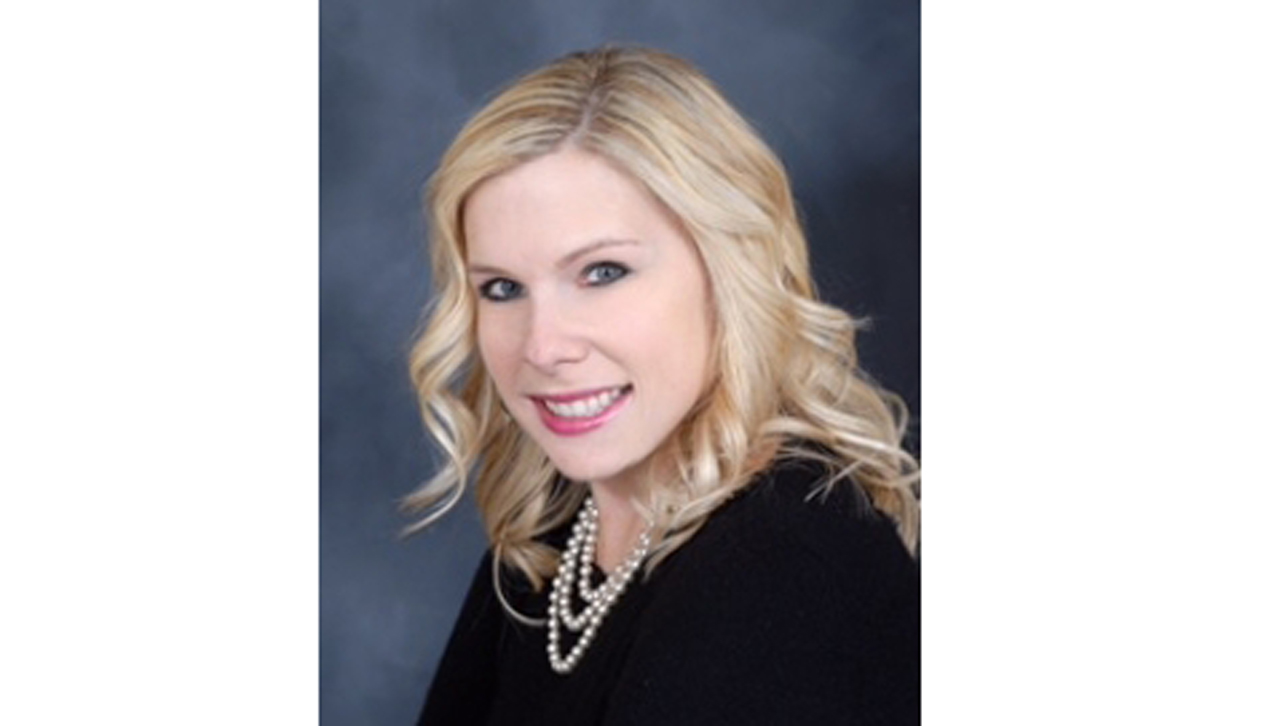Professor Receives Partner in Education Award

Dr. Julie Cerrito, director of the graduate program in school counseling at The University of Scranton, received the Partner in Education Award by the Pennsylvania Association for College Admission Counseling (PACAC). This award was presented at the annual PACAC conference at the Kalahari Resort in Pocono Manor, Pennsylvania. The PACAC Partner in Education Award was created to enhance awareness about the association by recognizing someone outside the membership for outstanding contribution to, and support of, post-secondary education. This award represents the collaborative spirit needed to foster a commitment to educational equity and access for all. Individuals, institutions, and organizations may be nominated to receive this award.
As the director of the school counseling graduate program, Dr. Cerrito regularly works with school counseling graduate students in finding innovative ways to assist school-aged students, particularly high school students, in reaching their postsecondary education and career goals.
Drs. Julie Cerrito and LeeAnn Eschbach, faculty members in the Department of Counseling and Human Services at the University of Scranton, have collaborated with local high school administrators and practicing school counselors to create special district-wide and multi-district events such as “Post-Secondary Education Readiness Night”, “College Application Night”, and “College Signing Day”. The events invite both high school students and their parents to their respective neighborhood schools, where graduate students in the field of school counseling share vital information (ex. how to select a major, how to apply to college, how to visit a college, etc.).
When it comes to navigating what comes next after high school and the steps one should take in planning successfully for college and a future career, these topics are essential. Research has indicated that first-generation college students, racially and ethnically diverse students, and students from lower-socioeconomic backgrounds often lack the resources and support needed to navigate the many unknowns of the future. The events attempt to reach out to those student populations, level the playing field, and help them gain the confidence they need to be proactive in planning for the future. Graduate school counseling students frequently comment on the direct benefit of increased “learning through doing” as well as the opportunity to impact youth positively in the local area. They see how their future work as school counselors connects to really making a difference in the lives of school-aged students and their families.






